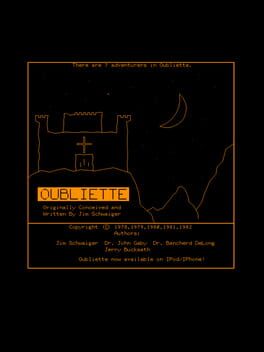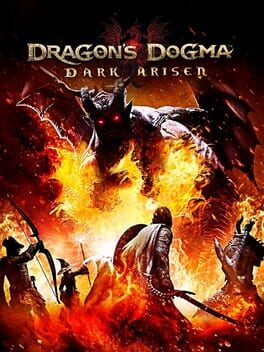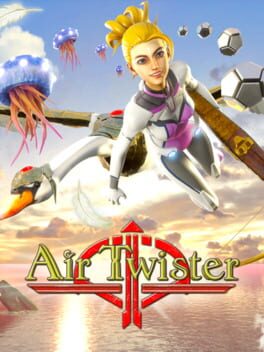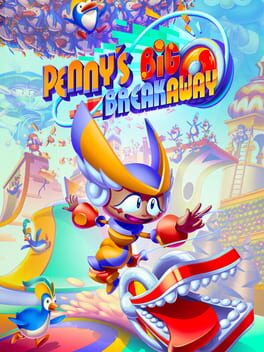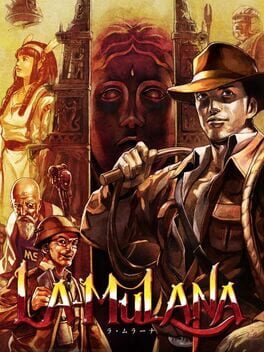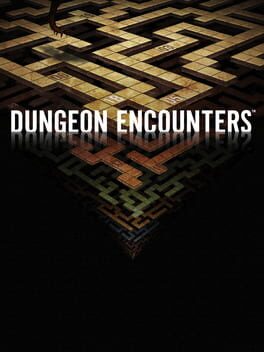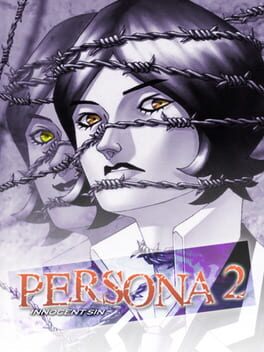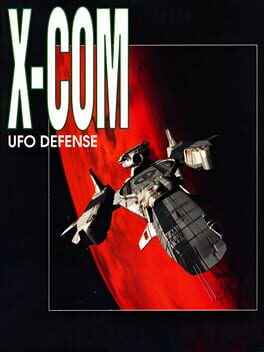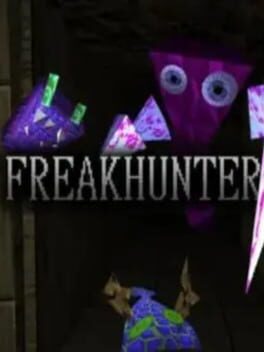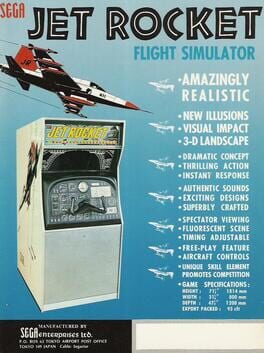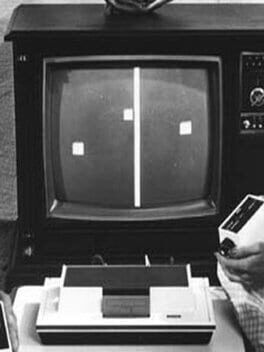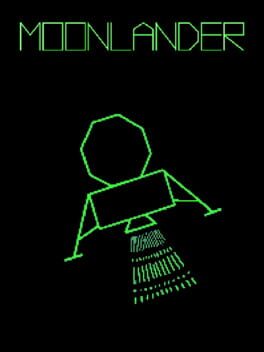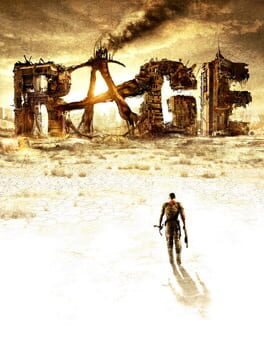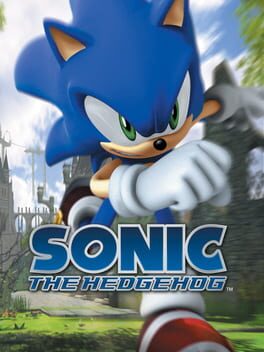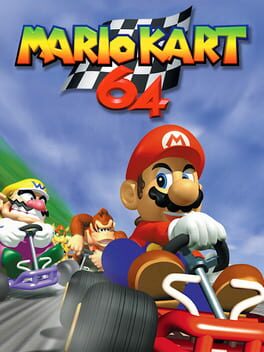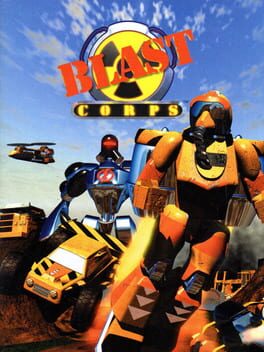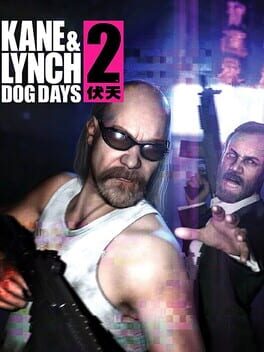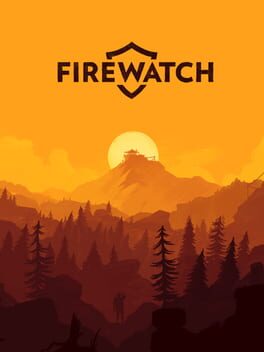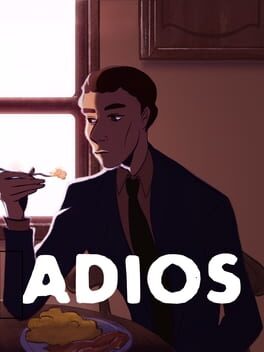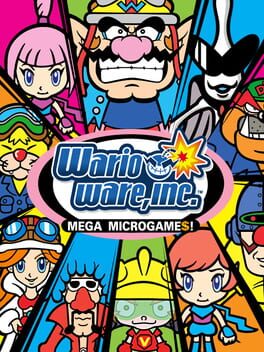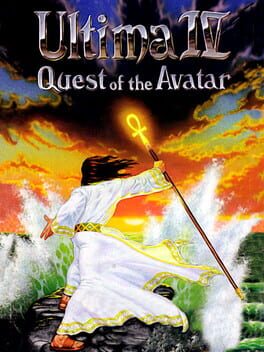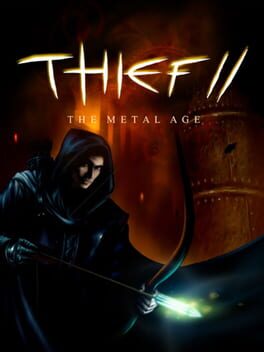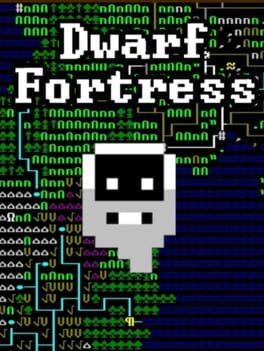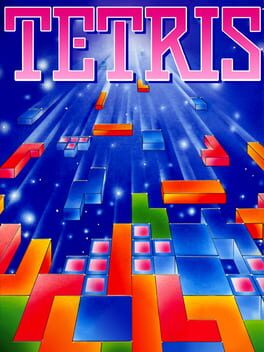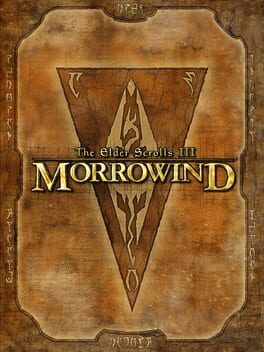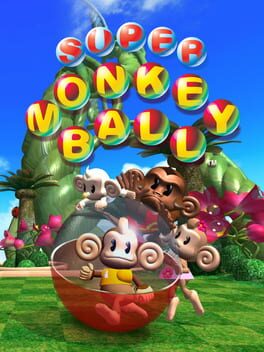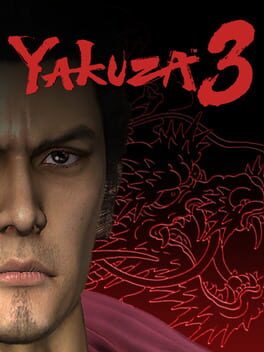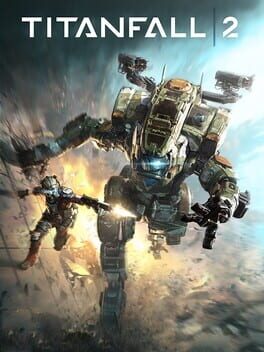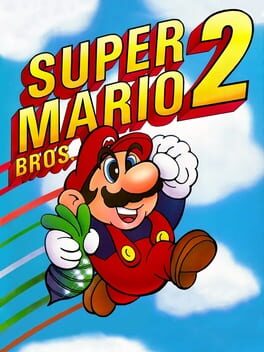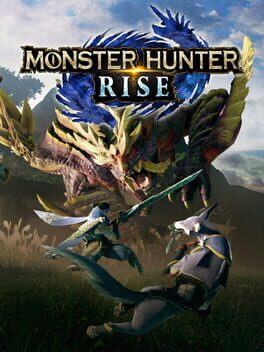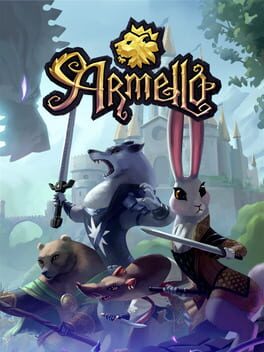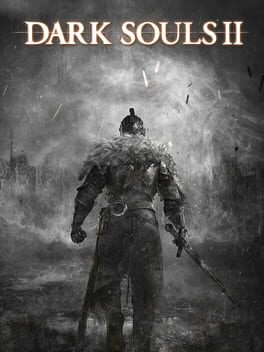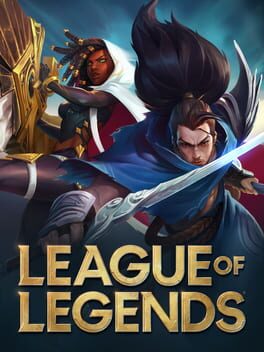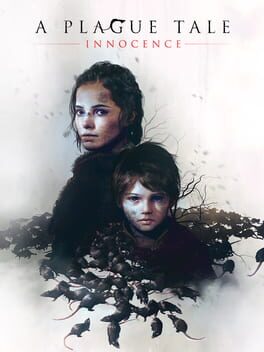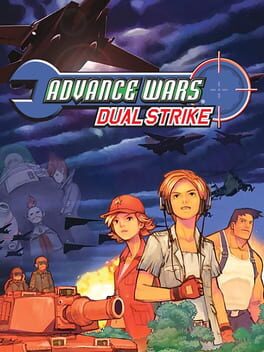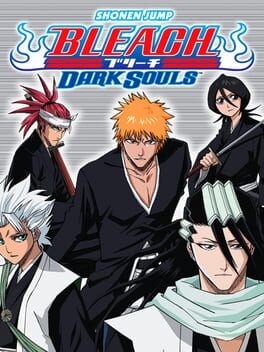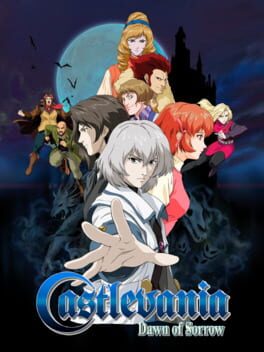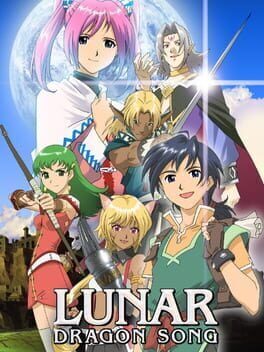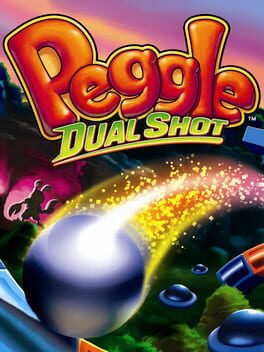nrmac
100 reviews liked by nrmac
Oubliette
1977
Oubliette has, either in 1977 or after its many years of subsequent updates: (clears throat, unfurls ancient scroll that rolls along the floor and out into the next room)
-First-person vector graphical dungeon crawling
-Procedural generation
-Online multiplayer in a persistent world
-Permadeath, if not for the fact other players can resurrect you
-15 playable races
-15 playable classes
-Enormous labyrinthine areas, including the city/castle.
-A more-robust-than-usual-at-the-time equipment system
-A full suite of trap mechanics that Wizardry directly stole
-A full suite of original (at least in name) magic spells
-A unique character progression system
-"Hireling" artificial companion characters
-A long list of combat actions such as "hide" and "parry"
-A long list of usable items, something not to take for granted
-BBS style chatroom bulletin boards in every tavern
-An in-game casino with blackjack and other minigames, roughly five years before Wizardry would even INSPIRE Dragon Quest, a series that wouldn't adopt this until its third entry.
That list is absolute absurdity. It is psychotic. It should be all of the evidence anyone needs before starting to think that Oubliette is one of the greatest, most important games of all time. Of course, nobody says this, because they have not heard of Oubliette, and if they had, they'd probably only say it until the played it. Oubliette, much more even than its direct predecessor Moria or its other forbears in dnd and Orthanc, is fucking impossible. This is because unlike those previous games, Oubliette is designed with large parties in mind. It is not meant to be played solo, and getting five or so people to stare at this thing with you for hours on end as you fumble blindly around the city trying in vain to find SOME kind of weapon shop, is a fool's errand.
I respect Oubliette immensely. It is, for its time, one of the most impressive video games I have ever heard of... at least, on paper. The simple truth is that almost nothing in any of the PLATO RPGs is "balanced" or "designed," and it's quite unlikely for a modern player to actually have a great, satisfying experience with it. I do not actually want to play any more of Oubliette than what I did here tonight. Nonetheless, its maker has my sincere admiration.
-First-person vector graphical dungeon crawling
-Procedural generation
-Online multiplayer in a persistent world
-Permadeath, if not for the fact other players can resurrect you
-15 playable races
-15 playable classes
-Enormous labyrinthine areas, including the city/castle.
-A more-robust-than-usual-at-the-time equipment system
-A full suite of trap mechanics that Wizardry directly stole
-A full suite of original (at least in name) magic spells
-A unique character progression system
-"Hireling" artificial companion characters
-A long list of combat actions such as "hide" and "parry"
-A long list of usable items, something not to take for granted
-BBS style chatroom bulletin boards in every tavern
-An in-game casino with blackjack and other minigames, roughly five years before Wizardry would even INSPIRE Dragon Quest, a series that wouldn't adopt this until its third entry.
That list is absolute absurdity. It is psychotic. It should be all of the evidence anyone needs before starting to think that Oubliette is one of the greatest, most important games of all time. Of course, nobody says this, because they have not heard of Oubliette, and if they had, they'd probably only say it until the played it. Oubliette, much more even than its direct predecessor Moria or its other forbears in dnd and Orthanc, is fucking impossible. This is because unlike those previous games, Oubliette is designed with large parties in mind. It is not meant to be played solo, and getting five or so people to stare at this thing with you for hours on end as you fumble blindly around the city trying in vain to find SOME kind of weapon shop, is a fool's errand.
I respect Oubliette immensely. It is, for its time, one of the most impressive video games I have ever heard of... at least, on paper. The simple truth is that almost nothing in any of the PLATO RPGs is "balanced" or "designed," and it's quite unlikely for a modern player to actually have a great, satisfying experience with it. I do not actually want to play any more of Oubliette than what I did here tonight. Nonetheless, its maker has my sincere admiration.
Dragon's Dogma II
2024
In that primordial placeless origin, through the mist-veil of time, since man first airbrushed Merlin smoking a pipe on the side of a van, there, you can feel it in the noosphere, a moon-lit dream, The Dream, a call in the heart of the human soul. Some have seen some small part of this dream- The Legend of Zelda, The Elder Scrolls, Ultima, Dark Souls, Adventure, Dragon Quest, King's Field, Wizardry, among innumerable others, nameless here forevermore, all have failed to reach The Dream. Perhaps cruel circumstance chained them to Earthly bond, perhaps cowardice stayed their hand, perhaps they lacked the naivety and earnestness necessary to behold a waking dream. Whatever their individual situation, the results have always been, like Lion of Gripsholm Castle, a mutant, an aberration, at best a passing resemblance. Dragon's Dogma is The Dream, forged in the furnace of the heart, it is not visually plain- it is clean, it is not halfbaked- it is too goodly to exist totally in a world half-evil, it achieves the promise of videogames, and proves that creative endeavour above all else is the greatest goal humanity can strive for. it is the twinkle in the eye of Merlin smoking a pipe airbrushed on the side of a van.
Since time immemorial, through the foggy shroud of that unknown place we call the past, since man first airbrushed Gandalf smoking a pipe on the side of a van, there has been, floating in the aetheric vapor of the noosphere, a dimly illuminated dream, The Dream, pinpricks of the sublime in the collective mind of humanity. Some have glimpsed a piece of this dream- The Legend of Zelda, The Elder Scrolls, Ultima, Dark Souls, Adventure, Dragon Quest, King's Field, Wizardry, and countless others, but each in turn have failed to capture The Dream. Perhaps they could not escape their worldly fetters and feared the purity and power of The Dream, perhaps they, like in the parable of the Blind Men and the Elephant, only beheld some small part of The Dream, perhaps they greedily sought to pass off The Dream as their own. Whatever the case may be, the results have always been, like Conrad Gessner's illustration of the Cameleopard, a grotesque, a parody, and an imitation. Dragon's Dogma is The Dream, carved in the fullest relief yet, and lit by warm radiance, it is not artistically generic- it is pure, it is not unfinished- it is too great to exist in totality on this fallen Earth, it is videogames: fulfilled, it is proof that the creative endeavors of humankind are not wasted, it is the twinkle in the eye of Gandalf smoking a pipe airbrushed on the side of a van.
Air Twister
2022
For over a quarter century, game enthusiasts have contended with a necessary evil when choosing a 3D Platformer to play - do they want to relish in deeply creative movement in a loosely defined sandbox, or would they like to tackle tight, bombastic course clear levels with simply functional controls?
With Penny's Big Breakaway, this necessary evil has been rendered unnecessary. There is now a 3D Platformer with some of the best movement in the genre married with imaginatively curated course clear level design.
It's a great day for fans of jumping along the Z-axis.
With Penny's Big Breakaway, this necessary evil has been rendered unnecessary. There is now a 3D Platformer with some of the best movement in the genre married with imaginatively curated course clear level design.
It's a great day for fans of jumping along the Z-axis.
La-Mulana
2012
La-Mulana is not the kind of game willing to simply give you it's secrets. La-Mulana is not the kind of game that expects you to earn it's secrets, either. In truth, La-Mulana doesn't really care what you give it to get it's secrets, because for La-Mulana, it will never be enough.
La-Mulana doesn't want you to have it's secrets. La-Mulana doesn't think you DESERVE it's secrets. If you want La-Mulana's secrets, you're going to have to pry them from it's cold, dead hands.
That's right. You're going to have to kill La-Mulana.
La-Mulana doesn't want you to have it's secrets. La-Mulana doesn't think you DESERVE it's secrets. If you want La-Mulana's secrets, you're going to have to pry them from it's cold, dead hands.
That's right. You're going to have to kill La-Mulana.
Dungeon Encounters
2021
A game made for a very, very particular kind of freak, and I happen to be one of those freaks. I love close to everything about it--its clean, minimalist aesthetic; the lack of story; the flavor text it gives its characters even though they all might as well be paper dolls; its oddball, playfully mean sense of humor. I'm not sure I'd necessarily call it deep, but there's a lot hidden underneath its seemingly simple surface, and the way its systems feed into each other...the intelligence and thoughtfulness of Hiroyuki Ito and his team really come through here.
To say it's not for everybody would be an understatement but I would call it equally suited for adventurous newcomers to dungeon crawlers and veterans alike: newcomers for its immediate accessibility and pick-up-and-play quality; veterans for the fun, interesting ways it toys around with genre conventions. Cannot believe something like this came from Square Enix.
To say it's not for everybody would be an understatement but I would call it equally suited for adventurous newcomers to dungeon crawlers and veterans alike: newcomers for its immediate accessibility and pick-up-and-play quality; veterans for the fun, interesting ways it toys around with genre conventions. Cannot believe something like this came from Square Enix.
URGENT: For the love of god, play the PS1 original, not the PSP version. I have deleted the log that I originally posted here and am re-posting this now in hopes of getting eyes on this and counterbalancing any misunderstanding that it may have propagated. As it turns out, the entire crux of my disappointment with Innocent Sin is the PSP version's doing.
On PSP, REGARDLESS of difficulty selection, Innocent Sin's gameplay is a desert one must cross to reach the oases of its wonderful story. On PS1, Innocent Sin's battles are NOT exclusively a waste of your time! It's NOT a small difference! It turns out that the auto-battle system used to NOT SUCK, and there used to be some modicum of ACTUAL TENSION in some of the fights!!! I honestly feel cheated by having the PSP version taint my first experience! The PS1 version is as good as the PSP version of Eternal Punishment, maybe even better!
It's not a simple matter of being "too easy." The PSP version of Innocent Sin traps you in a position where the encounter rate is disruptively high and then presents you with two options for achieving the forgone conclusion of your victory in any of these encounters:
Option 1: Navigate the menus for each character every turn and tell them each to do the obviously optimal thing every turn with no interesting variations because the only thing enemies can do in their own defense is annoy you but they have too much health to courteously die in a timely fashion,
or Option 2: Press Triangle and sit patiently while the game resolves the encounter on its own in the slowest, most painful way possible, including all of the bosses, with pretty much complete, unquestionable safety.
On the PS1, the game is DESIGNED around a WAY better auto-battle system, and things can actually hurt you, so you have to pay attention! Even if the fights aren't much more interesting on PS1, they fly by so much faster that it's hard to complain about them. It's still by no means difficult, but it at least provides Final Fantasy levels of combat engagement now! In fact, the game clicks into place in almost the exact same ways that a PS1 Final Fantasy game does, as a breezy trip through a meticulously told and thematically resonant story, with gameplay that doesn't turn any heads, but doesn't get in the way of a good time either.
It feels at least slightly insane to bump Innocent Sin from the lowly score it had all the way up to this, but everything wrong with it is in its gameplay mechanics, and on PS1 almost everything I held against the PSP version is a non-issue. It still doesn't sit right with me that the easiest path through the game means never even setting foot in the Velvet Room, and having to grind out demon negotiations if you choose to use it sucks, but compared to my previous problems of constant, meaningless, tedious encounters, that's practically nothing.
Am I willing to give it the full-on five star treatment? Not quite. The design is still too shaky for that. Aside from the Velvet Room thing, money and SP still grow on trees in a way that makes dungeoneering and shopping even less interesting than it is in, say, Final Fantasy VII, and something like materia is enough to blow this implementation of the Velvet Room out of the water.
The question is, will Eternal Punishment bring enough tension back into the battles to overpower those other flaws and win my full marks?
EDIT... again:
The balance is fine. I'm nearing the end of my replay on PS1 now, and I've totally come around on the battle system and its balance. The gap between PS1 Innocent Sin and PSP Eternal Punishment is small, and there's no need for Eternal Punishment to "fix" it. I have however decided that yeah, I do have to dock a bit for pacing reasons. The beginning of the game absolutely knocks it out of the park, but the middle drags. It really does start wearing you down when Lisa's spotlight arc plays out across three of the blander dungeons with only brief glimpses of story in between them. The mundane setting plays a hand in this, because while it may be interesting to see a game turn an exercise gym into a dungeon, it ends up being the fifth or sixth "normal building" dungeon the player has navigated in a row. On top of this... like, the air raid shelter just sorta sucks, dude. Not letting you save before you fight King Leo after you just did a whole dungeon and a bunch of cutscenes? Also sucks. I think there are enough low points here to hold this back from really trading blows with something like Final Fantasy VII or even IX. I guess this really IS an alternate universe Final Fantasy VIII...
Edit AGAIN:
So at the end of this journey, of my many initial criticisms, the following still stand:
-The third or so of the game after the first two hours drags.
-Minor setpiece groaning about King Leo and Air Raid shelter.
-Negotiation sucks and isn't fun to grind so Velvet Room rots.
-For MOST of the game SP is a non-factor (not endgame).
That's... not a long list, and the impact of everything on it isn't really much bigger than say, the overbloated animations and trance system failures of FFIX, another game that I've recently decided I can't deny a spot in the five-star club. The honest truth is that Innocent Sin is so cosmically far ahead of its time in terms of writing that it should take a lot more than that petty list of grievances to lower its standing.
On PSP, REGARDLESS of difficulty selection, Innocent Sin's gameplay is a desert one must cross to reach the oases of its wonderful story. On PS1, Innocent Sin's battles are NOT exclusively a waste of your time! It's NOT a small difference! It turns out that the auto-battle system used to NOT SUCK, and there used to be some modicum of ACTUAL TENSION in some of the fights!!! I honestly feel cheated by having the PSP version taint my first experience! The PS1 version is as good as the PSP version of Eternal Punishment, maybe even better!
It's not a simple matter of being "too easy." The PSP version of Innocent Sin traps you in a position where the encounter rate is disruptively high and then presents you with two options for achieving the forgone conclusion of your victory in any of these encounters:
Option 1: Navigate the menus for each character every turn and tell them each to do the obviously optimal thing every turn with no interesting variations because the only thing enemies can do in their own defense is annoy you but they have too much health to courteously die in a timely fashion,
or Option 2: Press Triangle and sit patiently while the game resolves the encounter on its own in the slowest, most painful way possible, including all of the bosses, with pretty much complete, unquestionable safety.
On the PS1, the game is DESIGNED around a WAY better auto-battle system, and things can actually hurt you, so you have to pay attention! Even if the fights aren't much more interesting on PS1, they fly by so much faster that it's hard to complain about them. It's still by no means difficult, but it at least provides Final Fantasy levels of combat engagement now! In fact, the game clicks into place in almost the exact same ways that a PS1 Final Fantasy game does, as a breezy trip through a meticulously told and thematically resonant story, with gameplay that doesn't turn any heads, but doesn't get in the way of a good time either.
It feels at least slightly insane to bump Innocent Sin from the lowly score it had all the way up to this, but everything wrong with it is in its gameplay mechanics, and on PS1 almost everything I held against the PSP version is a non-issue. It still doesn't sit right with me that the easiest path through the game means never even setting foot in the Velvet Room, and having to grind out demon negotiations if you choose to use it sucks, but compared to my previous problems of constant, meaningless, tedious encounters, that's practically nothing.
Am I willing to give it the full-on five star treatment? Not quite. The design is still too shaky for that. Aside from the Velvet Room thing, money and SP still grow on trees in a way that makes dungeoneering and shopping even less interesting than it is in, say, Final Fantasy VII, and something like materia is enough to blow this implementation of the Velvet Room out of the water.
The question is, will Eternal Punishment bring enough tension back into the battles to overpower those other flaws and win my full marks?
EDIT... again:
The balance is fine. I'm nearing the end of my replay on PS1 now, and I've totally come around on the battle system and its balance. The gap between PS1 Innocent Sin and PSP Eternal Punishment is small, and there's no need for Eternal Punishment to "fix" it. I have however decided that yeah, I do have to dock a bit for pacing reasons. The beginning of the game absolutely knocks it out of the park, but the middle drags. It really does start wearing you down when Lisa's spotlight arc plays out across three of the blander dungeons with only brief glimpses of story in between them. The mundane setting plays a hand in this, because while it may be interesting to see a game turn an exercise gym into a dungeon, it ends up being the fifth or sixth "normal building" dungeon the player has navigated in a row. On top of this... like, the air raid shelter just sorta sucks, dude. Not letting you save before you fight King Leo after you just did a whole dungeon and a bunch of cutscenes? Also sucks. I think there are enough low points here to hold this back from really trading blows with something like Final Fantasy VII or even IX. I guess this really IS an alternate universe Final Fantasy VIII...
Edit AGAIN:
So at the end of this journey, of my many initial criticisms, the following still stand:
-The third or so of the game after the first two hours drags.
-Minor setpiece groaning about King Leo and Air Raid shelter.
-Negotiation sucks and isn't fun to grind so Velvet Room rots.
-For MOST of the game SP is a non-factor (not endgame).
That's... not a long list, and the impact of everything on it isn't really much bigger than say, the overbloated animations and trance system failures of FFIX, another game that I've recently decided I can't deny a spot in the five-star club. The honest truth is that Innocent Sin is so cosmically far ahead of its time in terms of writing that it should take a lot more than that petty list of grievances to lower its standing.
X-COM: UFO Defense
1994
Finally finished a save I had started like 10 months ago which now allows me to put it right here in the ol' Backloggd.
I'm 36 at the time of writing this, and I went to tell y'all younger folks about something called Shareware. Back in the day, we kinda sorta had two different types of Not-The-Full-Game experiences: demos and shareware. A demo back in the day was what a demo is now; a limited, small chunk of the game. And then there was shareware, which was ostensibly the entire game, but you only got to play a portion of it until you paid. Think of it like a sort of Freemium thing that we've got nowadays.
Anywho, to a kid like me--and I would imagine lots of PC gaming kids back in the day--shareware made up the bulk of what we experienced: the first levels of Commander Keen, the first chapter of Doom, the bits of Escape Velocity before you get blown up by a Parrot. You'd get these games from various discs (floppy discs, mind, but sometimes CDs) and just play whatever came your way.
It was the shareware of X-Com that more or less completely changed the way my brain worked.
There's a concept in TTRPGs, particularly in LARP, called "bleed." Bleed more or less refers to the degree to which you like, feel like your character(s), or the degree to which you're fully emotionally invested in them. There are low-bleed players and high-bleed players, and while I don't necessarily think that high or low bleed necessarily equates to something like immersion, I think there is a way that high-bleed folks can feel more attuned to their characters and games.
I've always been an incredibly high-bleed player, not just of TTRPGs, but of video games too. I need to feel a degree of emotional connection in order to even remotely care. This took the form of me talking out loud to myself as a kid "in character" as, say, an X-Wing pilot while playing X-Wing/TIE Fighter, or as Beatrice the Knight hero in HoMM3 or as the squadron commander of a group of hapless alien-fighting morons in X-Com.
Because of my high degree of bleed, I prefer games that are crunchy; I love when a game gives me levers and buttons and knobs to push and press and pull and manage. I love a base building system, I love an economy, I love to customize things and manage things and name things. X-Com gives you control over everything. The first thing you see when you start a new game is the globe--THE WHOLE PLANET! You can put your first base anywhere you want! Then you've got a whole base to build, you've got things to research, individual soldiers with their own stats and inventories to manage, fighter planes to deploy--it's everything. X-Com hands you an entire world that you get to mess with and says, "good luck!" And then it lets you do it all however you want.
It's simply a masterpiece of a game, and is still more or less unparalleled. The remakes--both 1 and 2--scratch the same itch, but as the saying goes, "you can't go home again."
Nothing will ever be like the OG X-Com.
I'm 36 at the time of writing this, and I went to tell y'all younger folks about something called Shareware. Back in the day, we kinda sorta had two different types of Not-The-Full-Game experiences: demos and shareware. A demo back in the day was what a demo is now; a limited, small chunk of the game. And then there was shareware, which was ostensibly the entire game, but you only got to play a portion of it until you paid. Think of it like a sort of Freemium thing that we've got nowadays.
Anywho, to a kid like me--and I would imagine lots of PC gaming kids back in the day--shareware made up the bulk of what we experienced: the first levels of Commander Keen, the first chapter of Doom, the bits of Escape Velocity before you get blown up by a Parrot. You'd get these games from various discs (floppy discs, mind, but sometimes CDs) and just play whatever came your way.
It was the shareware of X-Com that more or less completely changed the way my brain worked.
There's a concept in TTRPGs, particularly in LARP, called "bleed." Bleed more or less refers to the degree to which you like, feel like your character(s), or the degree to which you're fully emotionally invested in them. There are low-bleed players and high-bleed players, and while I don't necessarily think that high or low bleed necessarily equates to something like immersion, I think there is a way that high-bleed folks can feel more attuned to their characters and games.
I've always been an incredibly high-bleed player, not just of TTRPGs, but of video games too. I need to feel a degree of emotional connection in order to even remotely care. This took the form of me talking out loud to myself as a kid "in character" as, say, an X-Wing pilot while playing X-Wing/TIE Fighter, or as Beatrice the Knight hero in HoMM3 or as the squadron commander of a group of hapless alien-fighting morons in X-Com.
Because of my high degree of bleed, I prefer games that are crunchy; I love when a game gives me levers and buttons and knobs to push and press and pull and manage. I love a base building system, I love an economy, I love to customize things and manage things and name things. X-Com gives you control over everything. The first thing you see when you start a new game is the globe--THE WHOLE PLANET! You can put your first base anywhere you want! Then you've got a whole base to build, you've got things to research, individual soldiers with their own stats and inventories to manage, fighter planes to deploy--it's everything. X-Com hands you an entire world that you get to mess with and says, "good luck!" And then it lets you do it all however you want.
It's simply a masterpiece of a game, and is still more or less unparalleled. The remakes--both 1 and 2--scratch the same itch, but as the saying goes, "you can't go home again."
Nothing will ever be like the OG X-Com.
Freakhunter
2023
15 lists liked by nrmac
by DeviousJinjo |
55 Games
by fivedollardare |
13 Games
by Pangburn |
113 Games
by PierreMenard |
1 Games
by Pangburn |
129 Games
by aughhhh |
5 Games
by Baird |
8 Games
